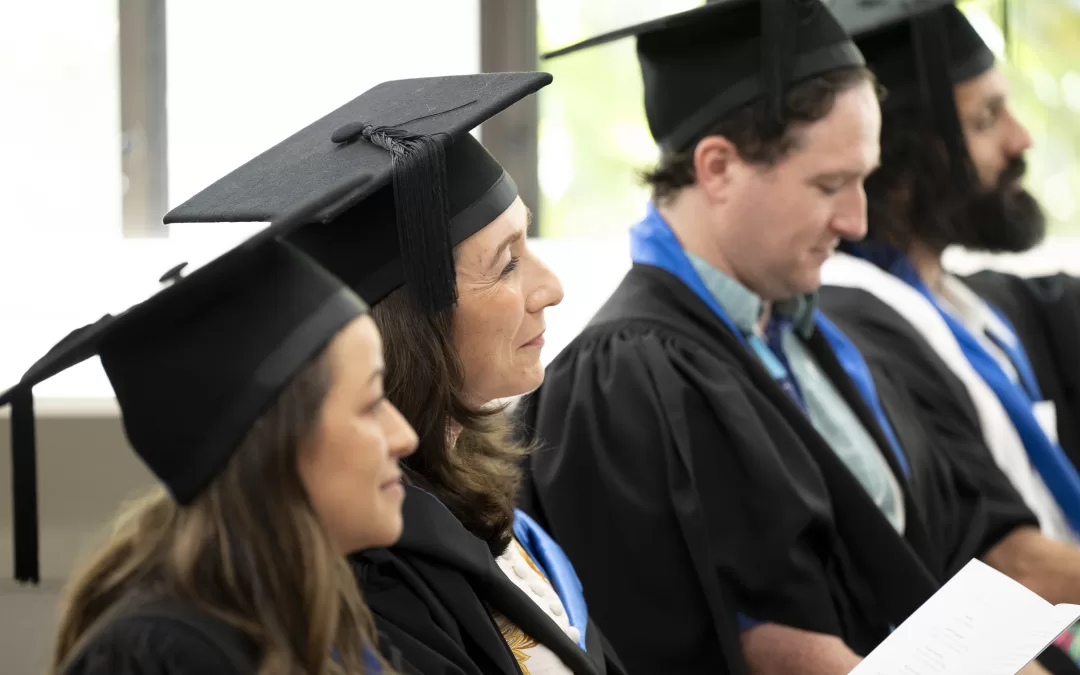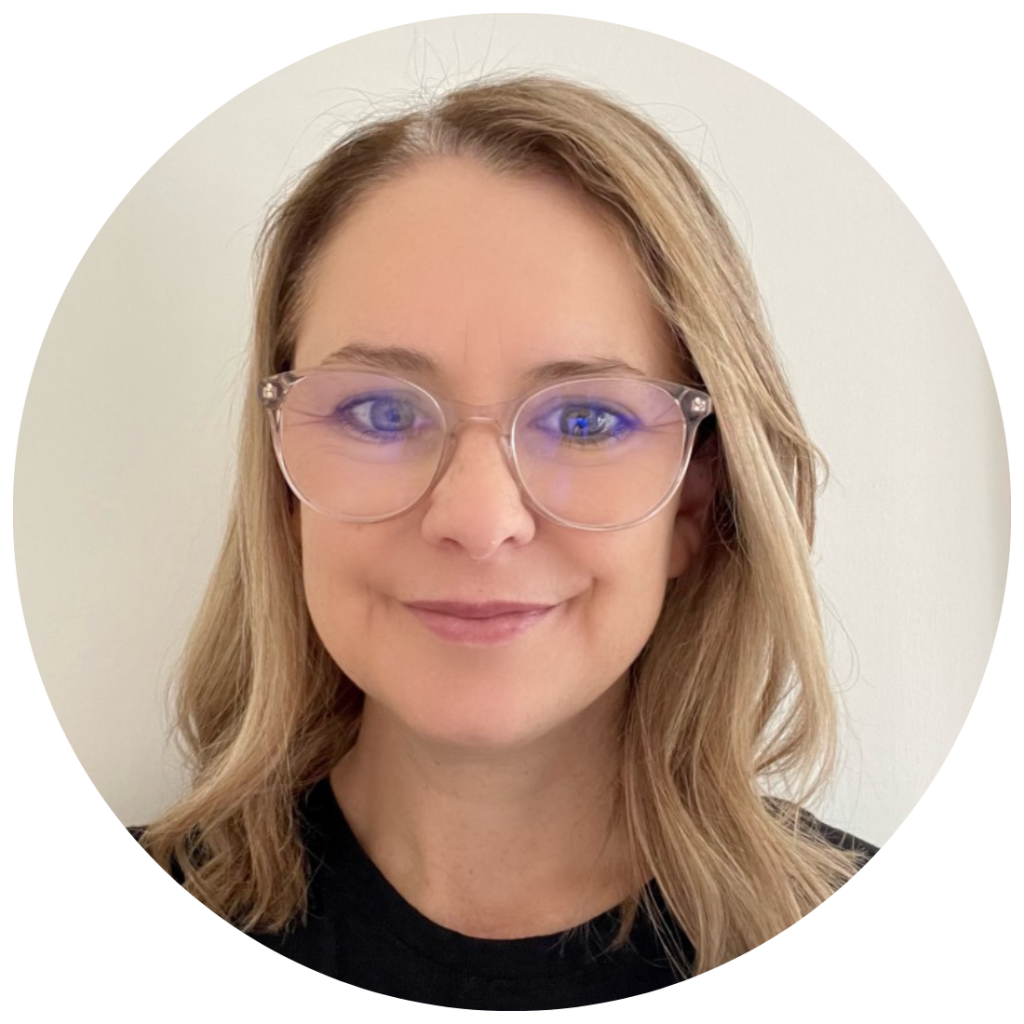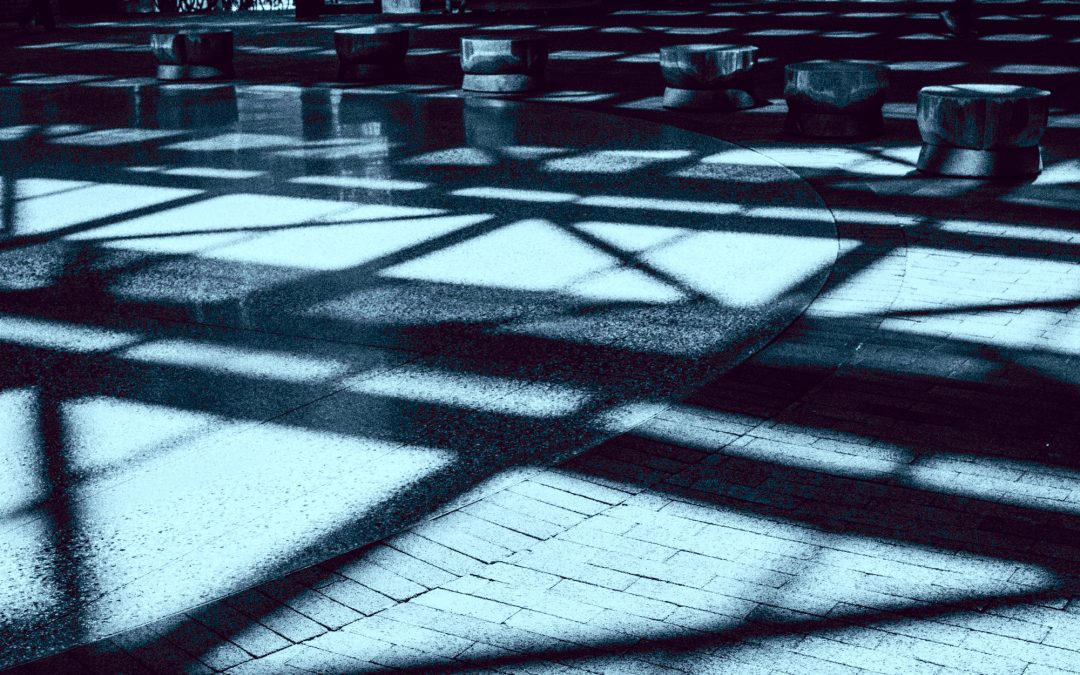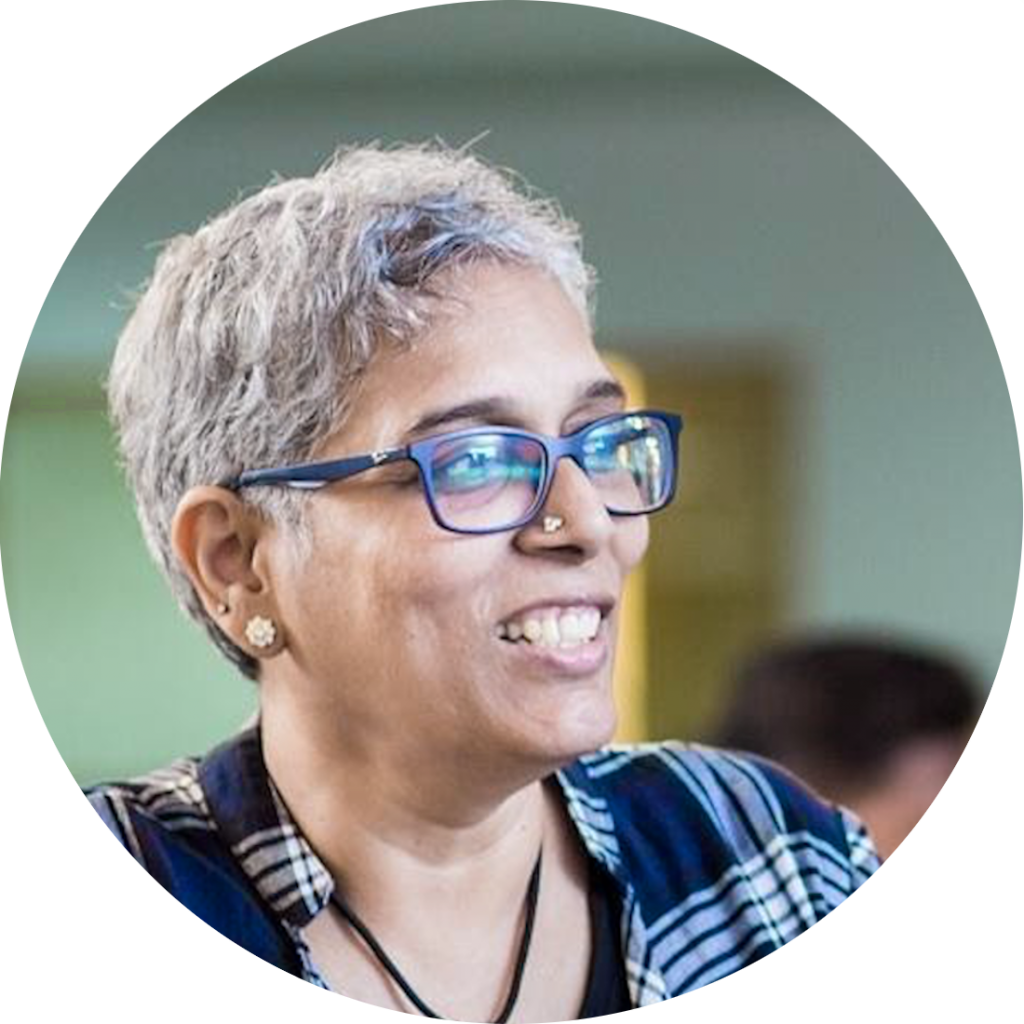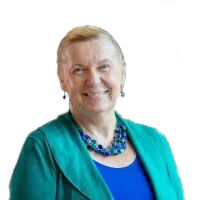
Why Spend the Time and Money Doing a Masters?
You’re a smart, charismatic, stylish human – so why spend the time and money doing a Masters?
Stefan Bramble, NIODA Alumni

You’re a smart, charismatic, stylish human – so why spend the time and money doing a Masters?
Before answering that 👆important question, stylish human, I should probably tell you who I am and why you’d listen to me. I’m Stefan Bramble and I graduated NIODA’s Masters in Management and Leadership in 2024. At the time of studying I was also in a Leadership position in a fast growing tech start-up that grew from 15 people when I joined, to 120 when I left 4 years later.
I studied and ‘start-uped’ at the same time as the COVID pandemic and worked in a role that was all about developing healthy, thriving work groups, welcoming new humans to the organisation and helping company leadership to create the kind of organisation we all needed and wanted. It was super cool fun. It was also really challenging and hard. So, I suppose you could say the whole experience was ‘super-cool-hard-challenging-fun’. A wonderful thing to experience.
I can hand on heart say, my time studying with NIODA was a major contributing factor to making the experience of my work so rewarding. I cannot recommend it to you highly enough if you want to truly develop your own skill in working with teams to help them thrive.
But we all like a good list, so here are the three things top of mind when I consider it’s impact on me as a leader working to help individuals and teams get stuff done with more quality and less pain:
Academic smarts, with practical thinking
Systems Psychodynamics is a fascinating, beautiful, insightful area of academia I did not know existed. Before being introduced to it, I worked on instinct. I knew ‘things’ were going on in the groups I worked with, and I knew I could do some ‘stuff’ that helped get them back on track, but I had no words for what I was doing. This meant that I could not think about my practice and hence I could not hone my craft. Beyond that, I could not share my skills and increase the capacity of the groups I worked with. Don’t get me wrong, I did good ‘stuff’ to help, but I knew I was missing something and felt that wonderful itch when you want to step up and increase your skill by diving into some unknown thing. Best way I can describe the feeling is in star wars terms: I was a padawan in search of a Jedi master. Or maybe Harry potter is better: I was muggle born waiting for a letter from Hogwarts. Oh wait! Matrix is way better: I was Neo waiting for Morpheus. Yeah, that’s the one. Regardless: I was a student waiting for a teacher. Then I met the staff at NIODA (specifically Wendy Harding), and she sat me down and kind of set my student brain on fire with talk of Systems Psychodynamics and all the wonderful insight it held into all the ‘things’ that I was feeling in the groups I worked with. AND ALL THE THINGS HAD NAMES! And academic elders who had studied groups, and that study was still going!
Beyond that, what I felt then and can confirm now, was a deep academic rigour that would ‘pull no punches’ while at the same time supporting me to sit with the fear I held that ‘I was not smart enough for academic-ness’.
What I did not know then was just how much the program would transform this ‘academic learning’ into insights that could be practically applied as I was studying. As someone who comes from an education and teaching background – it’s really really smart. The course itself invites participants to bring their lived experience of the academia to every class. And to work with the concepts as they show up both in both your personal work systems and the classes itself. It’s kinda genius.
Confidence to ‘know what I know’
‘During the study at NIODA some magic happened…I began to trust myself.’
I sort of allude to this above, but before I studied, I knew some ‘things’ about groups, but because it was all garnered from experience, and I didn’t have the words and I didn’t feel I was ‘smart-enough’ to actually say what I thought and advocate for what I believed. During the study at NIODA some magic happened. Because I worked hard, because the teaching staff created a space for me to learn and because my fellow students ‘kicked ideas around’ with me, I began to trust myself.
Don’t get me wrong, I still doubt myself, but even that feels different – that doubt becomes a fuel to learn more and perhaps even change my opinion (I know, big concept to swallow in our current culture, but it’s totally a thing one can do, who knew? 🤷). At NIODA we’d call this being authorised. And in a weird way, NIODA created the conditions for me to authorise myself, to know what I know, to hold my opinions lightly, and to put words around those thoughts and feelings. With all that I can think with others about the here-and-now situation to figure out what might be going on and co-create potential actions we could take to improve work life and do great stuff.
Of course all of this could have happened without studying at NIODA, but it was waaaaaay more fun and effective than me trying to figure all this out on my own.
Which leads me to my final point…
Joining a community of ‘group dynamics nerds’ who care about this stuff
I’m going to go out on a limb and say ‘finding your crew’ is a thing we all yearn for at some point in our lives. I have been lucky enough to find my theatre crew, my clown crew, my crew that loves British comedy of the 60’s. But it wasn’t until studying at NIODA and meeting teachers, staff, students, alumni and affiliate organisations that I found my ‘group dynamics nerd’ crew. And what an amazing group of people we are! People who care about the potential of groups to solve big problems. People who care about making group life suck less and engage more. People who want, nay, LOVE to talk about the reality of a situation and see if from multiple perspectives – and from that make some kind of sense that serves the needs of the here-and-now. It is a rare thing to find a supportive community, where individuals strive to grow while also supporting the growth of others. They respect each other enough to challenge and champion ideas you might hold, by giving to the honour of their wisdom and time to ‘knock an idea around’. Plus, we are all so weird and wonderful; proper ‘good chat’ and brilliant ‘bants’. NIODA goes out of its way to foster this connection and build this community. It’s a very special thing.
So, here ends my rant. If you are considering the course, I know NIODA would love to chat with you about it, and as an alumni, I also encourage you to reach out to me – cos I believe in what I learnt – it’s going to take a lot of us out there advocating for the power of healthy groups to make big, wonderful, much-needed change in the world.
Stefan Bramble, 2024 Graduate of NIODA’s Masters of Leadership and Management (Organisation Dynamics)
June 2024
You’re a smart, charismatic, stylish human – so why spend the time and money doing a Masters?
About NIODA
The National Institute of Organisation Dynamics Australia (NIODA) offers internationally renowned post-graduate education and research in organisation dynamics, and decades of experience consulting with Australian organisations.
The study of organisation dynamics brings together socio-technical and psychoanalytic disciplines to explore the unconscious dynamics that exist in every group, team or organisation. Learning more about these theories, and reflecting on the experience of them, can support leaders and managers to unlock great potential in their organisations, tackling issues through a whole new light.
PO Box 287, Collins Street West,
Wurundjeri Melbourne 8007 Australia
+61 (0) 414 529 867
info@nioda.org.au
NIODA acknowledges the Kulin Nations, and respective Traditional Custodians of the lands we work on.
We pay our respects to Elders past and present, and recognise their enduring sovereignty which has, and continues to, care for Country.
NIODA welcomes the Uluru Statement from the Heart’s invitation to walk with Aboriginal and Torres Strait Islander peoples in a collective movement for a better future.



